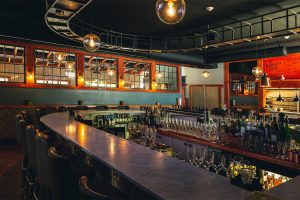Private School… Is it Worth It?
Public school returnee Aidan Dufoe ‘22 is working on a math assignment for class at Hollis Brookline High School. This is his first year back at public school after attending just one year at Bishop Guertin. “I prefer public school. It’s more of a community,” said Dufoe.
October 23, 2019
Many private schools claim to offer a “better education” to prospective students; however, public schools have shown that they can give private schools a run for their money.
The National Assessment of Educational Progress released a recent report on student test scores at public and private schools, disproving the common myth that private schools offer a greater advantage for student achievement over their public counterpart. Comparatively, private education appears to provide an advantage for students’ success over public schools when raw test scores were looked at. But with characteristics such as race/ethnicity, gender, disability status, school size and location taken into account, the test scores in comparison were almost the same. The debate over private and public education continues, and a common question continues to arise… Is private school really worth it?
Commonly, private schools require a yearly tuition for all students to attend, and neighboring private schools of Hollis Brookline High School (HBHS) are no exception. Bishop Guertin currently has a fluctuating tuition of $14,775, and Derryfield requires almost $31,000. For many students, private school is out of the question because of tuition alone. Aidan Dufoe ‘22, a student returning to public school after one year at a private school said, “I think for some people it [the tuition] was well spent, but for me it wasn’t.”
John McFarland ‘22 joined public school after eight years at a private school, primarily because of the hefty tuition. “If you can afford it and you’re comfortable spending it, I’d say depending on the person, it can be worth it,” said McFarland.
For many, the decision to attend private school is completely individual. Matthew Portu, a former teacher of Lowell Catholic, and current teacher of HBHS, is indifferent towards private education. In his instance, private education wasn’t more challenging than that of public school for students, but rather an alternative to the local Lowell public schools. Portu said “You’re still not receiving the most rigorous institution… But it makes it so that you’re not going to public schools where you might end up falling through the cracks.”
However, private education may not be the best fit for everyone.
“It’s not the same for everybody, especially when it comes to disabilities and special education. They don’t have the resources to be able to fund it and have that kind of availability,” said McFarland.
By law, private schools are not required to provide special education services to students with disabilities. This can make private education extremely exclusive to people not only without disabilities, but who are wealthy enough to pay for the school as well.
Private education, as many former students agree, did not offer any advantage over their prior public education. The difference was settled between the cost of tuition and help, or lack of, for students with disabilities. The difference between the schools otherwise, was almost nothing. Current BG student Rose Goyette ‘21 said, “Bishop Guertin is just a public high school with uniforms.”



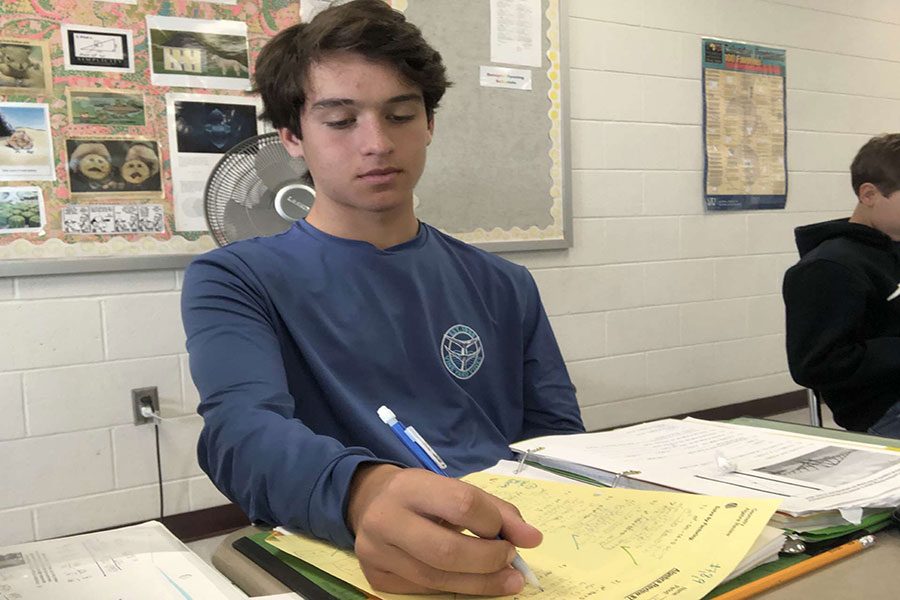
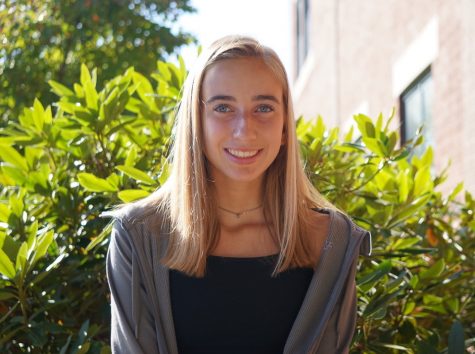

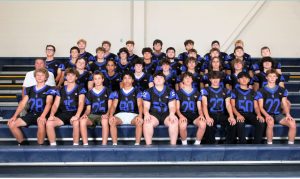


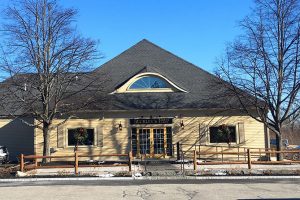



![Students in Archaeology use tools in a mock excavation. As a class that focuses on hands-on learning, students are able to gain crucial life skills. “[The class] is more hands-on than I thought, and I'm learning way more with physical activities than I do in the classroom,” said student Tess Brown ‘25.](https://cavchronline.com/wp-content/uploads/2024/11/IMG_8390-e1733078359165-278x300.jpg)
